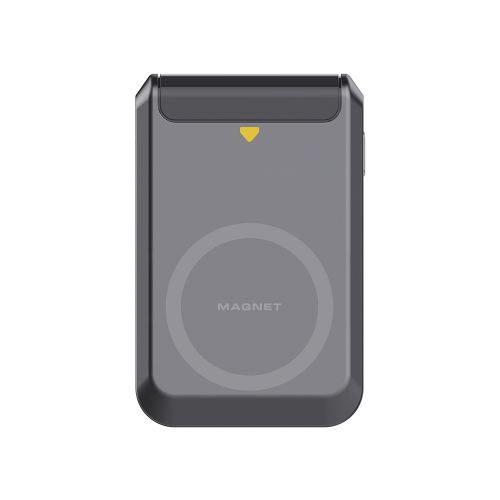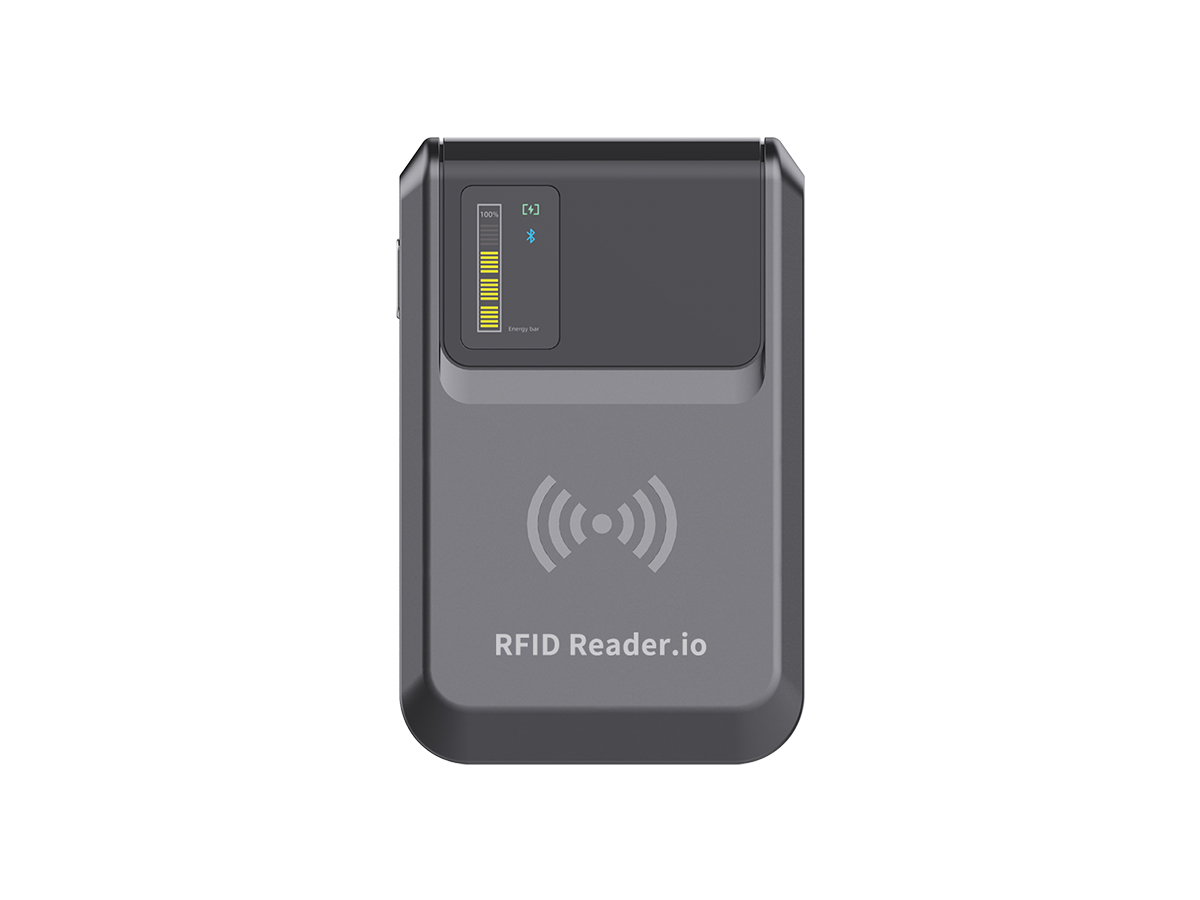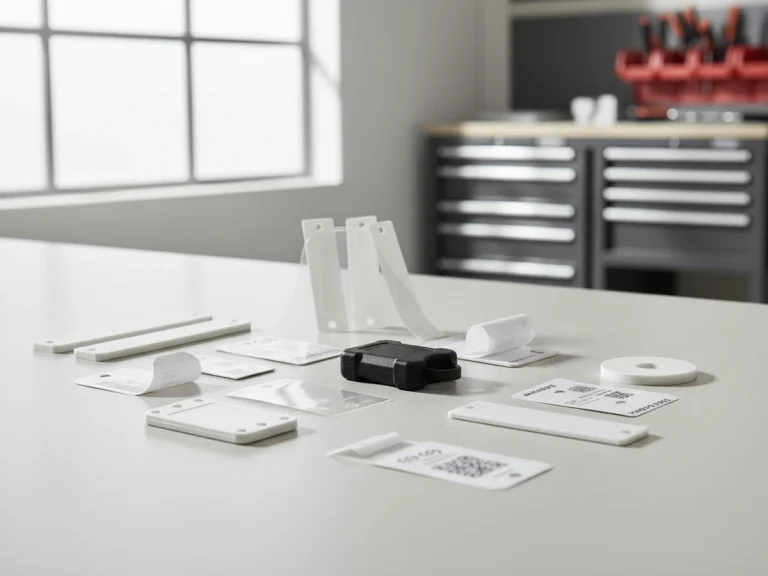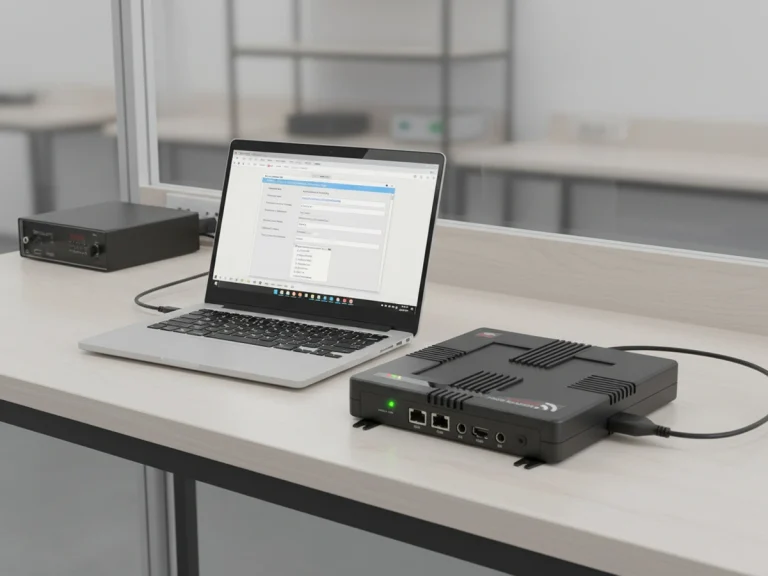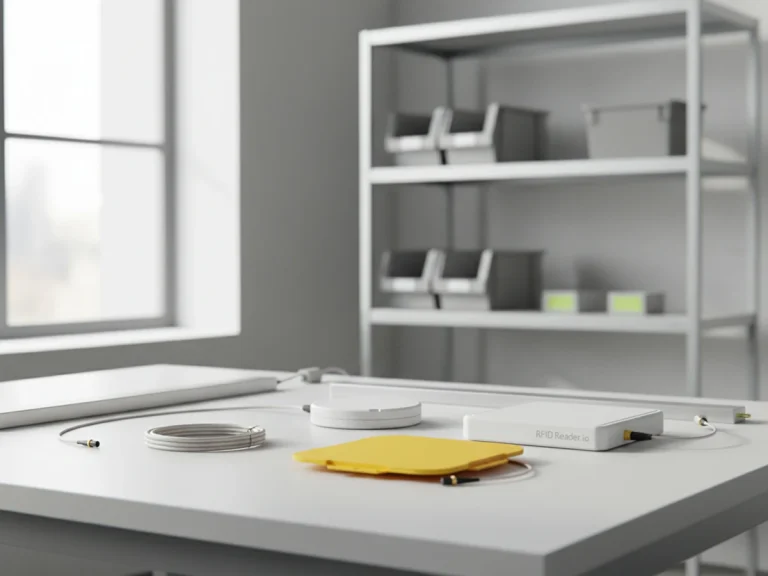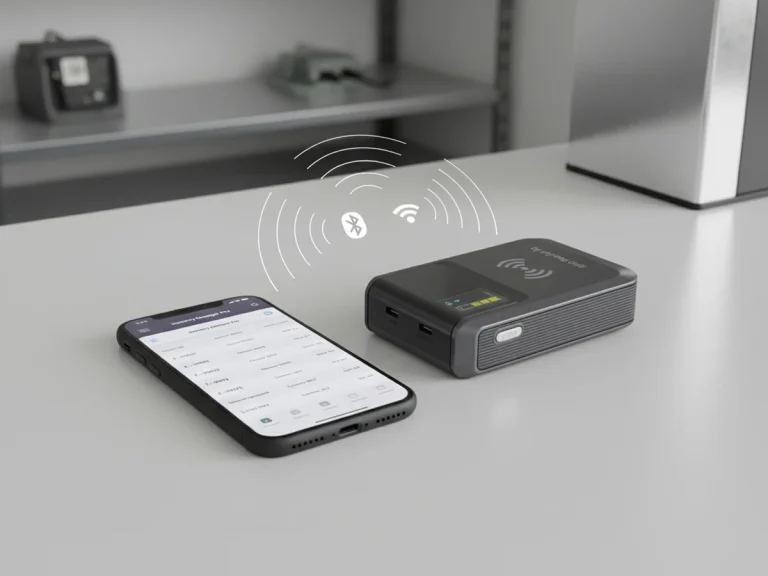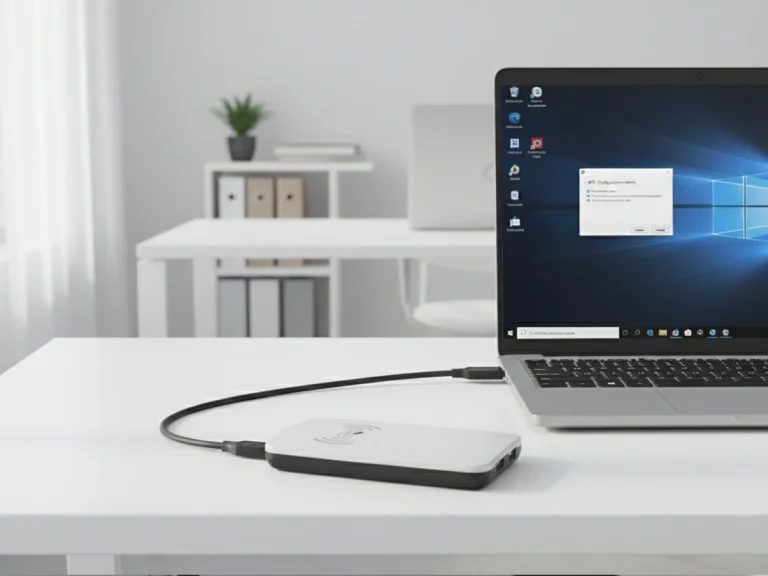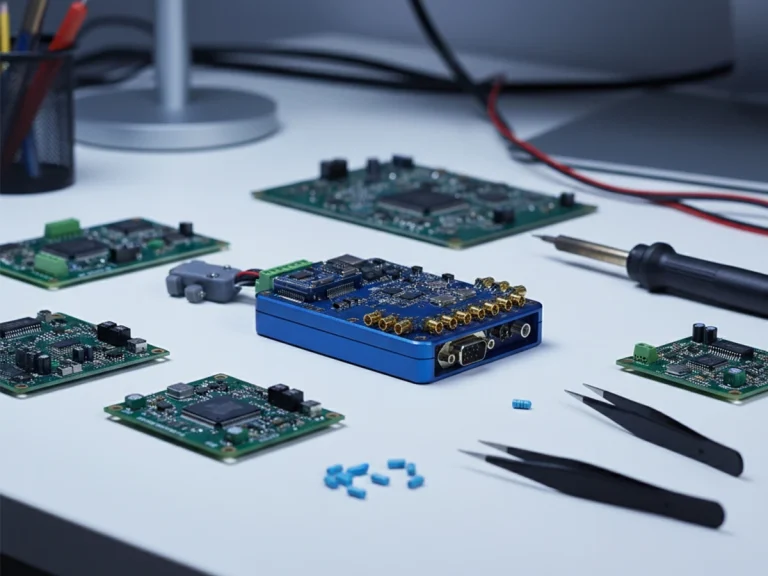
What Are the Typical Use Cases for Portable RFID Readers?
In recent years, Portable RFID Readers have become indispensable in environments where mobility, accuracy, and speed matter more than ever. They bridge the gap between fixed RFID systems and real-world workflows—letting users carry powerful tag-reading capability wherever the job takes them.
Inventory and Stock Audits
In warehouses or retail stockrooms, Portable RFID Readers make counting and locating products faster than any manual method. Workers can simply walk down aisles while the device picks up RFID tags automatically. It keeps stock data up to date without the tedium of paper lists or barcode scans.
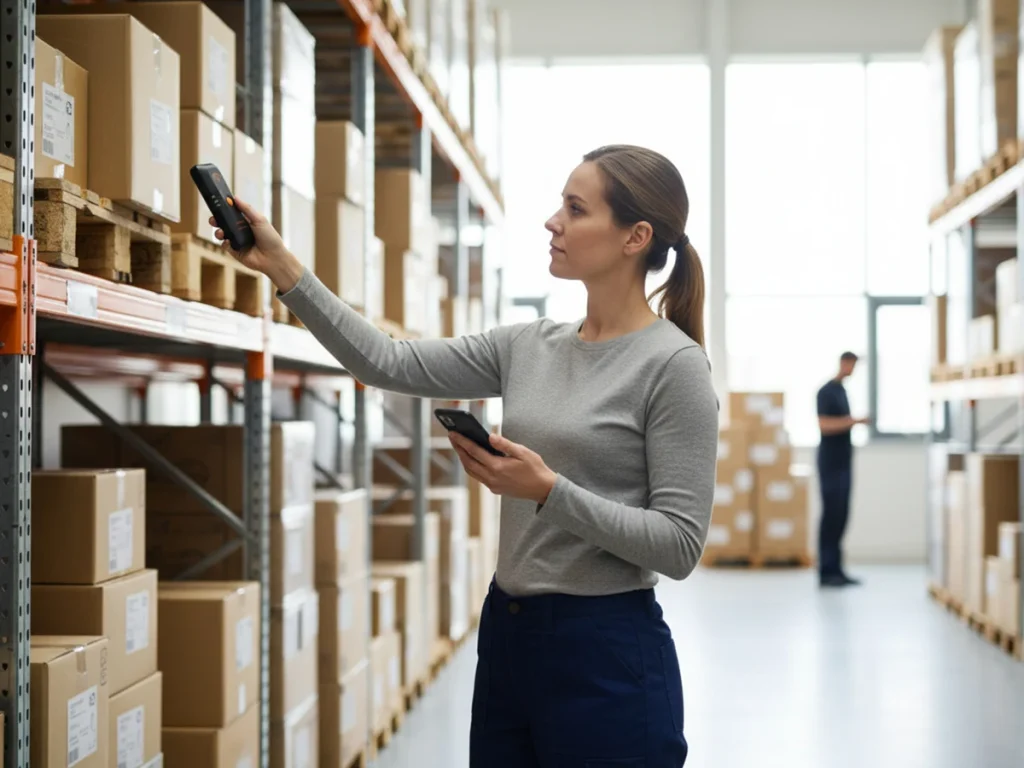
Tracking Assets on the Move
From factory equipment to transport crates, mobile assets rarely stay still. A portable reader lets teams identify, verify, or hand over tagged items anywhere along the supply chain. When a shipment is checked at loading docks or transfer points, the reader confirms everything instantly.
Maintenance and Field Operations
Field engineers and technicians often work away from their desks. Using Portable RFID Readers, they can identify tagged components, log service activities, and check maintenance records directly on site. This ensures every inspection is recorded accurately—even without network access.
Healthcare and Laboratories
Hospitals and research centers use these readers to manage tagged medical tools, sample vials, and even medication trays. The contactless reading process reduces contamination risks while ensuring traceability. Staff can verify supplies or patient samples quickly before moving between wards or labs.
Access and Event Management
Portable readers are also common at controlled-entry locations such as trade fairs or secure facilities. Staff can scan RFID-enabled badges to verify identities or log attendance. Because they are wireless and self-powered, there’s no need to set up permanent gates or wired scanners.
On-Site Auditing and Inspection
When operations happen in the field—whether it’s construction, mining, or energy inspection—Portable RFID Readers give teams a way to collect data directly at the source. Records sync automatically once they return to network range.
Retail Assistance and Customer Service
Sales associates can use portable readers to check item details, price changes, or availability without leaving the customer’s side. The process feels seamless—speeding up in-store service while keeping shelves correctly stocked.

Integration with iPhone RFID Readers
A newer generation of iPhone RFID Readers extends this portability even further. These compact devices connect directly to iOS apps, offering the same capabilities as traditional handheld units but with smoother app integration. In practice, an iPhone RFID Reader is still a Portable RFID Reader—just designed for teams that already rely on iPhones for daily operations.
Research and Environmental Monitoring
Scientists tracking tagged animals or remote sensors depend on portable readers to collect identification data efficiently in the field. This allows them to confirm location, temperature, or movement information without disturbing the environment.
Libraries and Archives
Library staff use Portable RFID Readers to manage inventory across multiple floors or large collections. Items can be located, borrowed, or returned in seconds, dramatically reducing time spent on manual cataloging.
FAQ
Q1. How long does a Portable RFID Reader battery usually last?
Most models operate for a full workday—around eight to ten hours—before recharging.
Q2. Can a Portable RFID Reader connect to iPhones?
Yes. Many devices support Bluetooth pairing, and some models are dedicated iPhone RFID Readers that work directly with iOS inventory or retail apps.
Q3. Do these readers handle all RFID tag types?
They generally support EPC Gen2 (ISO 18000-6C) and similar UHF protocols, covering most commercial applications.
Q4. Is offline data storage possible?
Absolutely. Portable readers can store tag data locally and upload it when Wi-Fi or cellular networks become available.
Q5. Are Portable RFID Readers built for outdoor work?
Industrial-grade units often feature rugged casings, IP-rated protection, and resistance to dust or moisture, ideal for field use.
Send Us An Email
Feel free to send us an email and we will reply to you as soon as possible.

